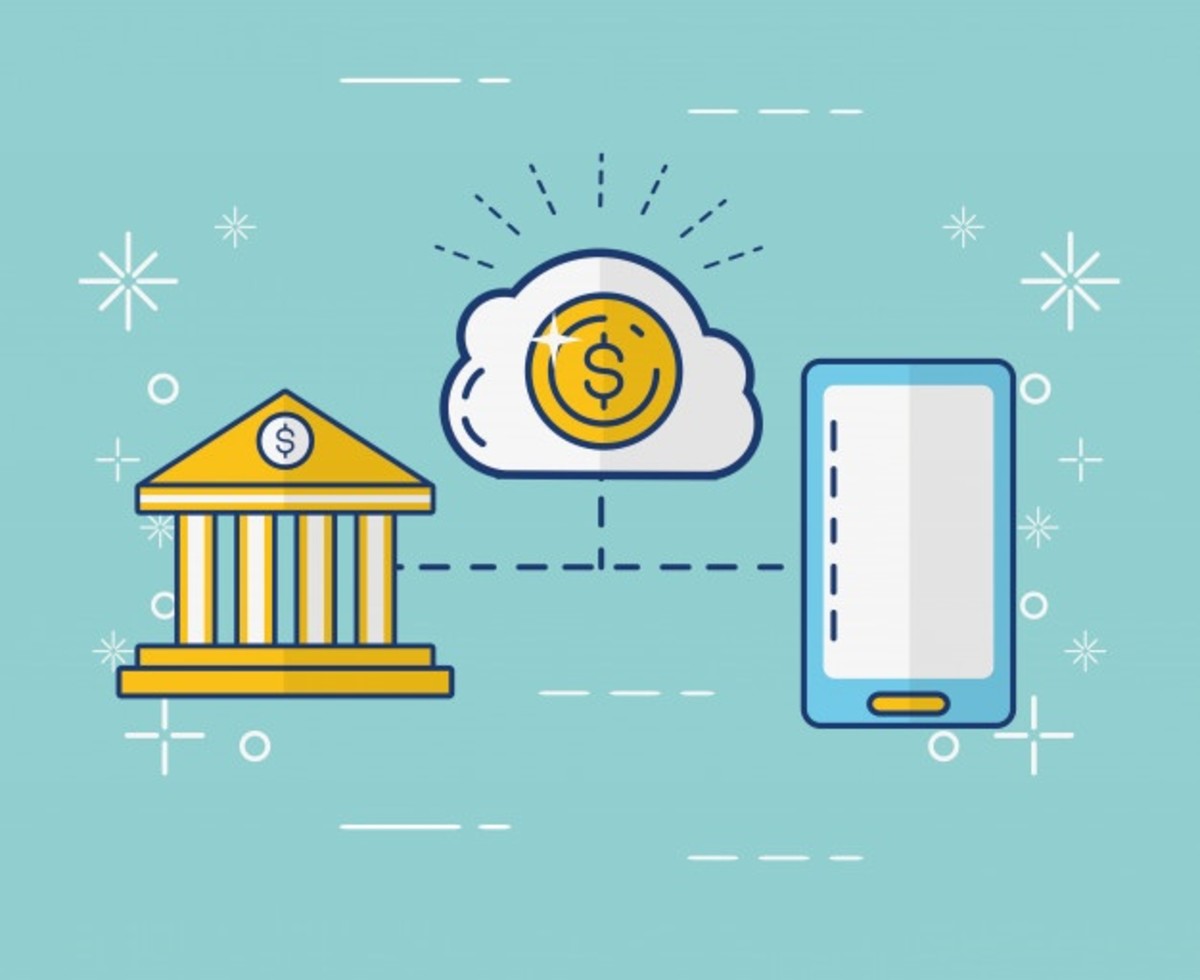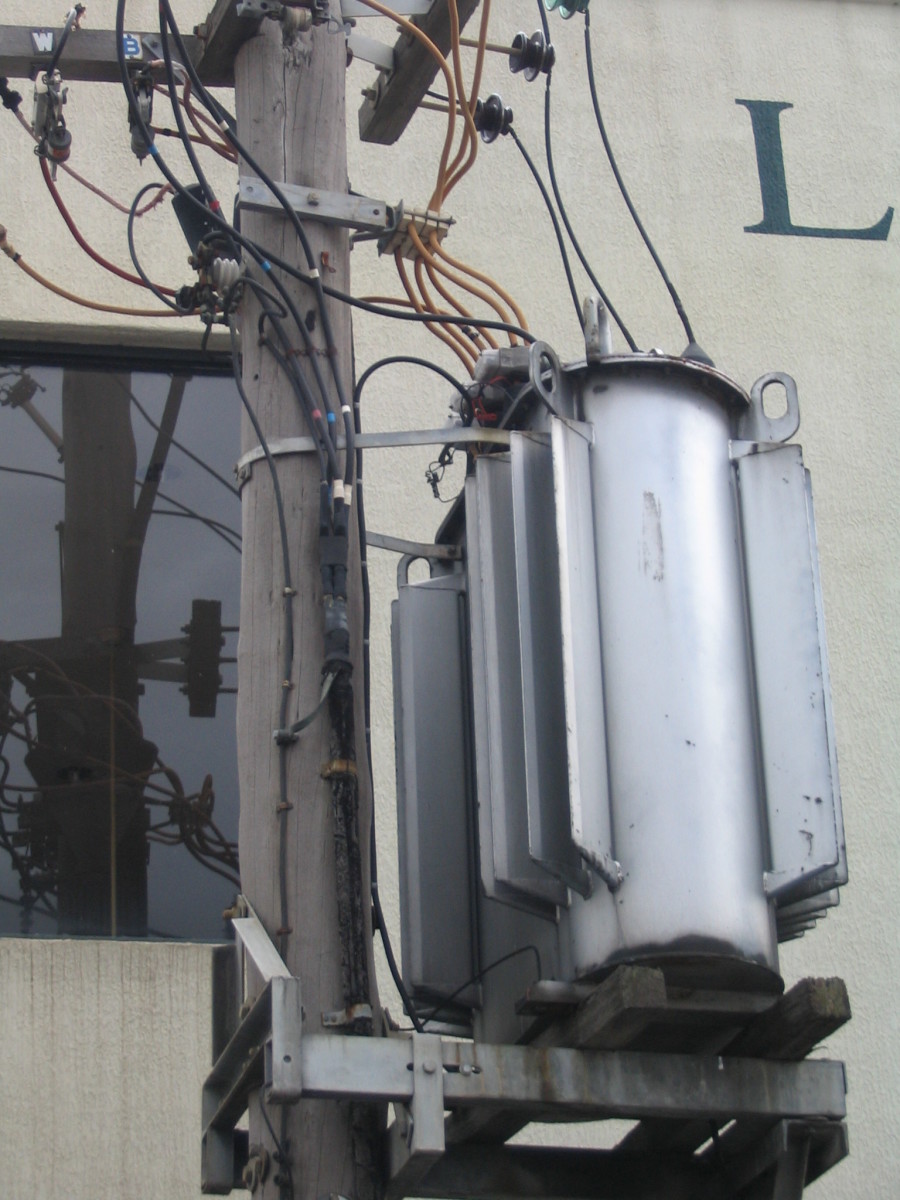Where to Invest for Good Profit
Investing , sectors which will do good.
Investing in Safe and Secure - Sector Perspective
Sector Focus – When it comes to planning for safe and secure investment, the sectors and regions which I consider safe and secure for investment. These are not the monotonous thoughts, but they are very different from the people say in market. Invest safe so that you can get safe returns. Don’t go after short term solutions to long, and quick bucks trends, they will destroy your money. Think many times before you put in your money. Today it is better to buy your annual grocery so you can save 12% to 15% as part of inflation rather than putting in funds which may go burst any time.
This is one of the area where future of this planet lies. The way commodity prices and specially minerals are going there is no other solution than recycling and reusing them in best possible way. The cost of energy to produce these metals becoming very high so only direction is recycles it.
Not only the minerals but everything needs to be recycled and reused in environment friendly way. With droughts in some countries and floods in other, we are already paying heavy cost of destroying our nature, the planet earth and its ecological balance. There is no more chance that we may further destroy it or use it. Use every piece of wood, and everything which is produced from forest so that we may save something for future generations to see what forest is all about.
City waste, agriculture waste, animal waste, electronic waste, and batteries everything is precious, because we cannot create them and most of the things cannot be substituted. So use them again and again. This is biggest business opportunity of the future.
E –waste, City waste, Agriculture Waste, Waste to Energy, Medical Waste, Waste Water, Construction Waste
Water - Food –Agriculture
Water, water, water everywhere……….. But nothing to drink. This year saw heavy floods in Australia, and now in America. At the same time this water is making farmers to suicide in India. The drought in Russia and other countries has made the big cities parched for water. Saudi is already decided to reduce the water supply to its farms. We just cannot create a drop of water. Saudi is world biggest user of desalinated water. (Sea water) How many others can afford it? The best way forward is conserve it, clean it and re use it. Technology which reduces use of water in any field will be most sought after in the years to come.
Water conservation is very important, every drop of water is precious and this is way forward. Save every drop in soil, in field in homes, everywhere.
After oil water will be the biggest challenge to manage and it will be bigger and much complicated in GCC with its desert.
Food Security – with desert at home GCC a net and biggest importer of food product is and will be much more challenging in the future.
Water conservation, Water processing, Food processing, Food Chain, Agriculture, plantations, farming, technology, organic food , Agriculture Input
Healthcare
Demographics are changing, the diseases which are known as diseases of west are becoming diseases of east. Diabetes and Obesity known as life style diseases or diseases of rich are getting strong foothold in newly rich countries. GCC has become one of the key areas where highest percentage of these diseases is found.
The problem with America and West are very different, healthcare has become so costly that it is unaffordable to common people. With newly formed healthcare law no one is very sure how it is going to change the cost of healthcare. Europe is getting old. Ageing population needs special care and different type of care. This is big opportunity.
And in poor countries there is no care. No one really care if they live or die. Malnutrition is common problem among new born. Affordable health is really what these countries are looking for.
Future health spending is expected to increase at a much higher level of growth than in the past. By 2020, healthcare spending is projected to triple in real dollars, consuming 21% of GDP in the U.S. and 16% of GDP in other OECD countries.
Transparency in quality and pricing was identified by more than 80% of Health Cast 2020 survey respondents as a contributor to sustainability.
Preventive care and disease management programs have untapped potential to enhance health status and reduce costs, but require support and integration across the industry for their benefits to be realized. The most effective means of demand management, according to the Health Cast 2020 survey, are wellness, immunization and disease management programs.
Industry leaders expect tremendous growth in consumer-oriented programs. Only 35% of respondents in the Health Cast 2020 survey said hospital systems are prepared to meet the demands of empowered consumers. But a large majority (85%) of organizations surveyed has initiated pay-for-performance initiatives, above the 70% who had started such programs in 2002.
Information technology (IT) is an important enabler in resolving healthcare issues when there is system-wide and organizational commitment and investment. The vast majority of Health Cast 2020 survey respondents viewed IT as important or very important to integrate care (73%) and improve information sharing (78%). But IT is not a solution in and of itself. A smaller percentage saw IT as important or very important for improving patient safety (54%) or restoring patient trust (35%).
Diabetic is “THE DISEASE” of the GCC with maximum number of patients. There is no cure for the Disease and Patient will always on medicine lifelong. This is Hereditary. People with Family history will have to Preventive Medicine. Alternative Medicine has very good space to play in for long term benefit of the Patient. Alternative Medicine Care will reduce complication for the Patient in long term. This Patient of this Disease develops multiple complications as time passes and needs preventive and curative medicine for the same. “Prevention is better than Cure” is Philosophy for this Disease for long and healthy life.
Alternative Medicine
In USA, the media and physician witnesses pointed out that spending on our nation's health care is likely to double to $2.1 trillion by the year 2007; that already proven mind-body therapies could eliminate 37 percent of visits to the doctor per year and save $54 billion annually; and that stress contributes to many of the medical conditions confronted by healthcare practitioners -- between 60 to 90 percent of visits to Physicians are related to stress and other psychosocial factors. Complementary and alternative approaches to health and medicine are among the fastest growing aspects of health care. In 1990, one-third of the U.S. population used some form of alternative approach to health care, and by the year 2010 at least two-thirds will. The researchers found that Americans' use of alternative therapies increased by 255% DURING THE SEVEN-YEAR PERIOD and those expenditures for practitioners' services increased by 45%. Average Growth is above 30% globally. Less Investment and Less Risk- usually chronic patients and preventive care patients including health tourist are prime movers of growth.
Healthcare , Alternative Medicine, Healthcare Services, Laboratories, Pharmaceutical Generics Primary Health, Food Supplement , Preventive Medicine, Low cost Medicare
Climate Change has become a prominent issue and peoples are worried for earth’s future. Depleting ozone layer is a challenge. Clean technologies growing very fast. Green Point Credit has making big difference. High oil prices will make this technology more relevant. Unconventional energy is in demand. New waste management technologies are developing fast. Growth rate for such new and unconventional methods is above 30%. Here you show your commitment to future, future and wellbeing of generations to come; this is what Corporate Social Responsibility. Such technologies have very good potential to grow where you re-use and recycle the old, the waste and unwanted into something use full, precious and valuable.
Technology for masses, Renewable Energy, Solar Energy, Wind Energy, Carbon Emission Technology, Energy Efficiency,
Bio based plastic and Fiber, Bio degradable technology, Fuel efficient technology, Environmental Efficient Technology
Technology – For Masses, Education – Affordable, Healthcare – Affordable, Virtual Technology for Health, Virtual Technology for Education, Biotechnology, Bio Informatics
Education
MENASA requires investments across a number of sub-segments. Workforce needs are expected to create substantial investment opportunities in the higher education sub-segment too. The recent rise in demand for higher education is due to:
The GCC is set to achieve the world’s highest higher education admission levels. Between 1990 and 2001, the growth rate of enrolment was 11.5% in Saudi Arabia, 19% in UAE and 22.5% in Oman. These growth rates translate to approximately 800,000 students enrolled in higher education in the GCC. The trend is not limited to the GCC. Egypt had 2.2 million students enrolled in higher education in 2005 up from 1.5 million in 1999 with enrolment expected to increase by 6% per annum going forward. Governments across MENASA recognize the importance of intellectual capital as a major determinant of their ability to compete globally, sustain economic growth and improve living standards.
Qatar’s multi-billion dollar ‘Education City’ and Dubai’s ‘Knowledge Village’; comprehensive sector reform strategy underway in India and Pakistan including governance reforms and incentives for private sector investment; and the announcement in 2006 by Abu Dhabi Education Council (‘Adec’) of a new initiative enabling leading local and regional private education providers to jointly manage selected public schools in Abu Dhabi1. In addition, efforts are underway across MENASA to develop world-class Information & Communication Technologies (‘ICT’) infrastructure as has already been developed in South India (Bangalore, Chennai).
Average real growth in GCC moderated to 5.9% in 2006, but remained more than double its average over the 80s and 90s. Boom is likely to be sustained for at least 3 more years. The expected 7-year run of above average growth will make it the longest expansion in three decades Though inflation was highest in Qatar (11.8%) and UAE (10%), the two were among the fastest growing economies in emerging markets, with real growth of 8.8% and 10%, respectively. In 2006, Qatar, UAE and Kuwait continued to climb the world ranks in terms of per capita income. Yet rapid population growth meant slower per capita GDP growth. Oil prices expected to remain sufficiently high (WTI over $50) through 2009, guaranteeing continued budget surpluses and fueling spending. Strong Asian demand, limited spare production capacity and geopolitical risks may propel oil prices beyond 2006 peaks.
Hubpages
- Is healthcare in America a basic right or privilege? Does America care about health?
- Arguments Against Universal Healthcare in America
- Spreading Awareness of E-Waste
- Recycling Electronics on the Internet
- Water Management and Treatment in a cost effective manner!
- The Two Viable Options For Proper Water Waste Disposal
- Water, Water Everywhere- No.
- Realizing the Importance of Water
- Water Conservation








